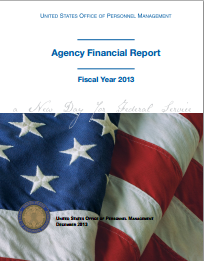- Home
- Agencies
- Department of Agriculture
- Department of Housing and Urban Development
- General Services Administration
- Department of Commerce
- Department of the Interior
- National Aeronautics and Space Administration
- Department of Defense
- Department of Justice
- National Science Foundation
- Department of Education
- Department of Labor
- Office of Personnel Management
- Department of Energy
- Department of State
- Small Business Administration
- Environmental Protection Agency
- Department of Transportation
- Social Security Administration
- Department of Health and Human Services
- Department of the Treasury
- U.S. Agency for International Development
- Department of Homeland Security
- Department of Veterans Affairs
- Goals
- Initiatives
- Programs
Primary tabs
Strategic Objective
MG03.03 Develop partnerships to access and analyze data
Strategic Objective
Overview
- Working with universities, other academic institutions, agencies and industry to access data sets and ensure that OPM is using the most current analytic methods.
- Developing work groups with agencies to assess the most commonly used data and information.
- Establishing a data analysis community of practice and standards through CHCO Council and HRLOB.
- Partnering with Think Tanks to share best practices and compare methods.
Progress Update
OPM partnered with the Chief Human Capital Officer Council to establish the HRStat community of practice to identify commonly used data. Additionally, OPM partnered with the Good Government Group to collaborate on emerging research agendas and initiatives, allowing the agency to leverage an existing network to establish a data analysis community of practice that included Federal agencies, universities and non-profit organizations. OPM conducted a series of collaborative sessions with universities and other academic institutions to share ongoing and future research initiatives, analytic methods and emerging practices.
One challenge is the development of a standardized process and research agreement that covers the varying types of research arrangements (i.e., academic, private sector, industry, etc.) that OPM is interested in pursuing, and meets the Research Authority criteria, where applicable.








